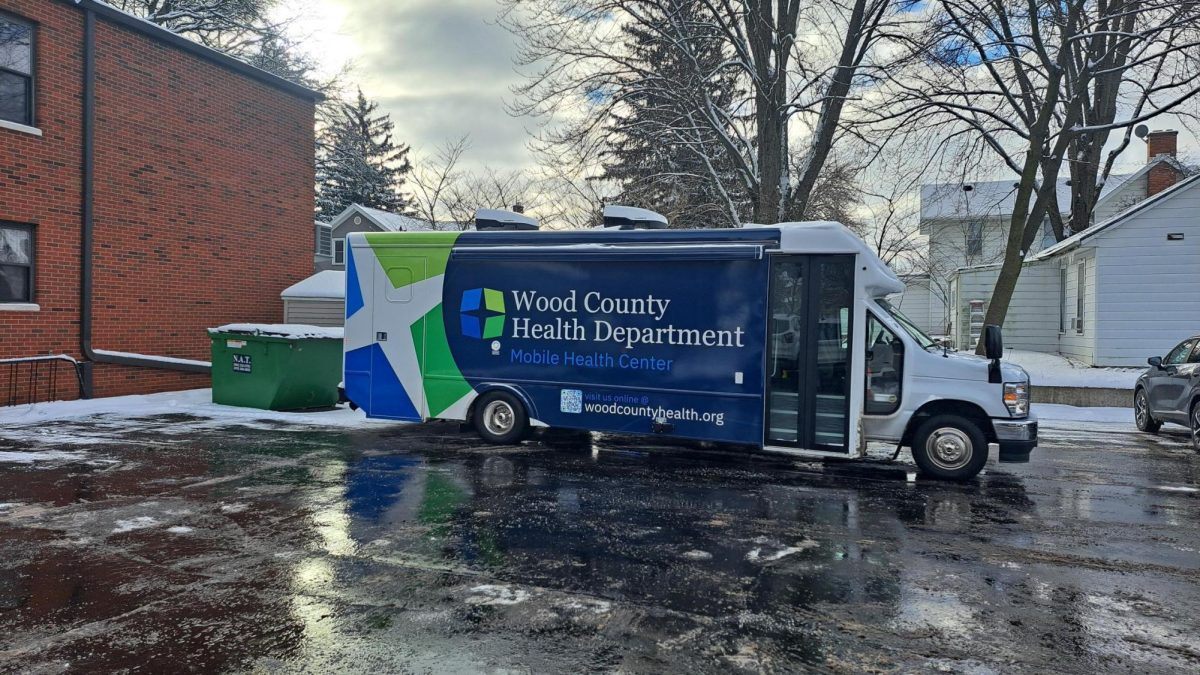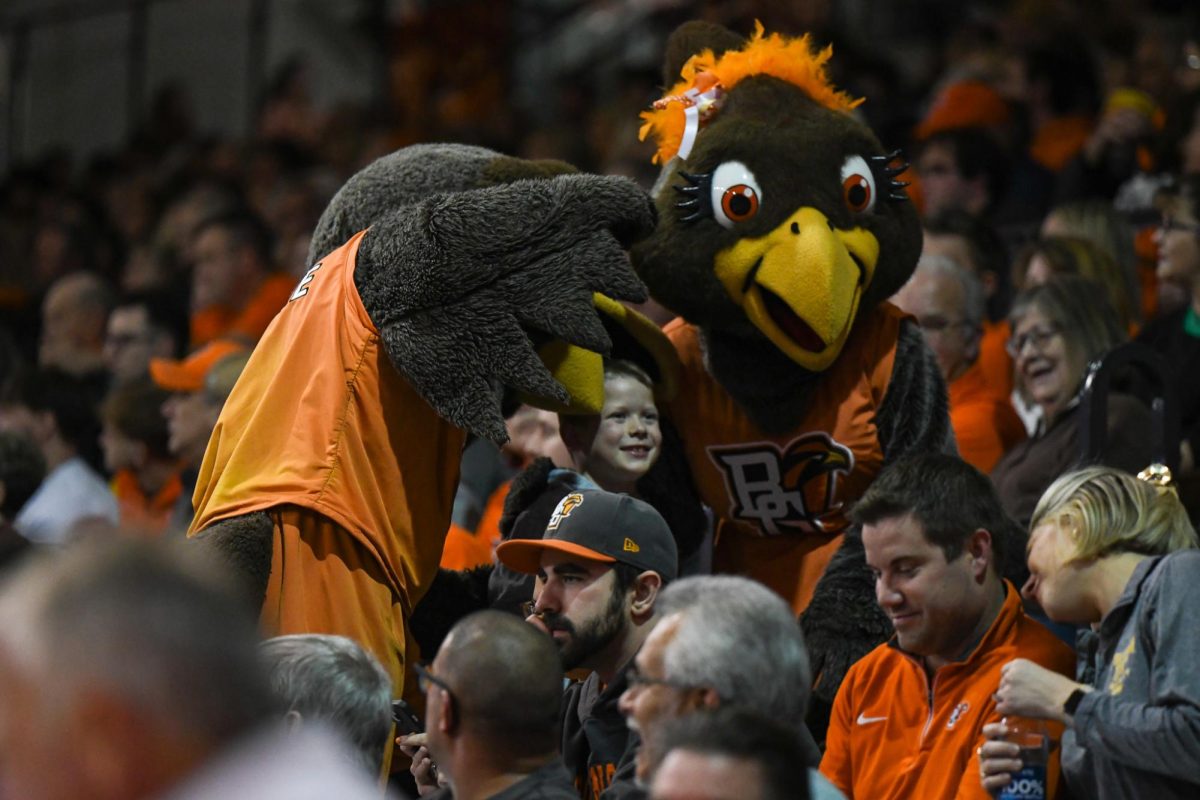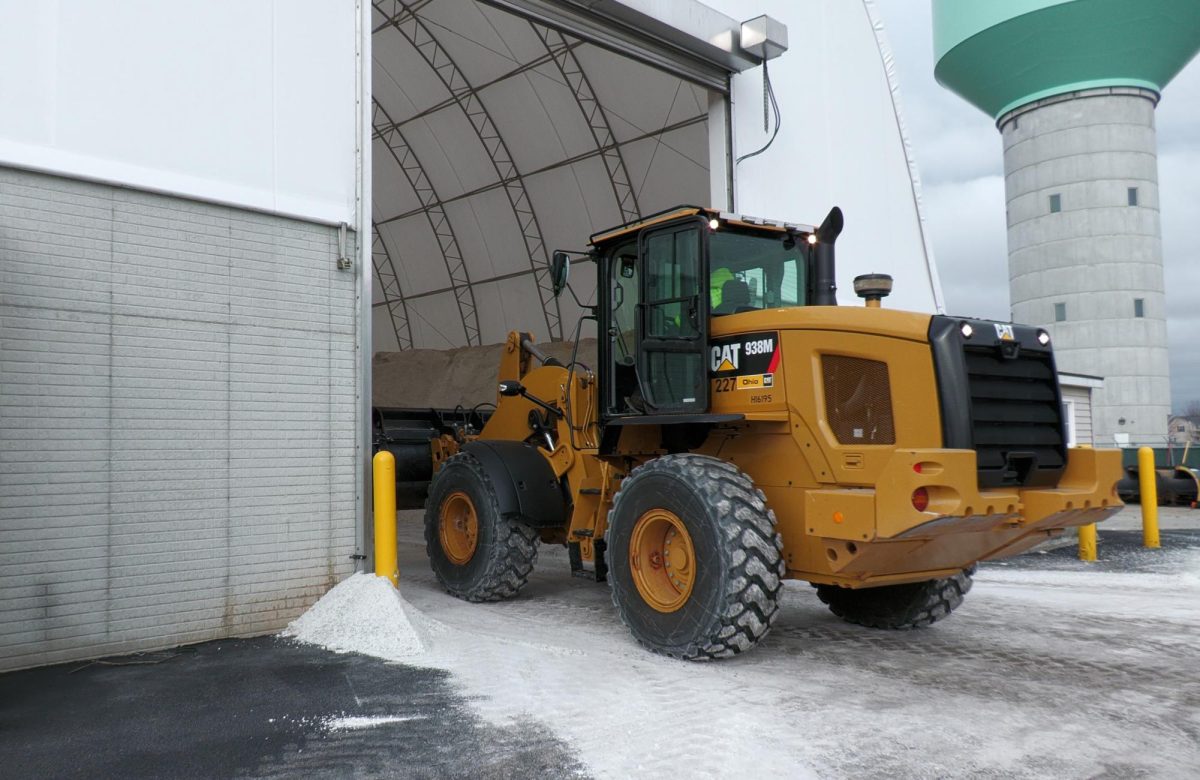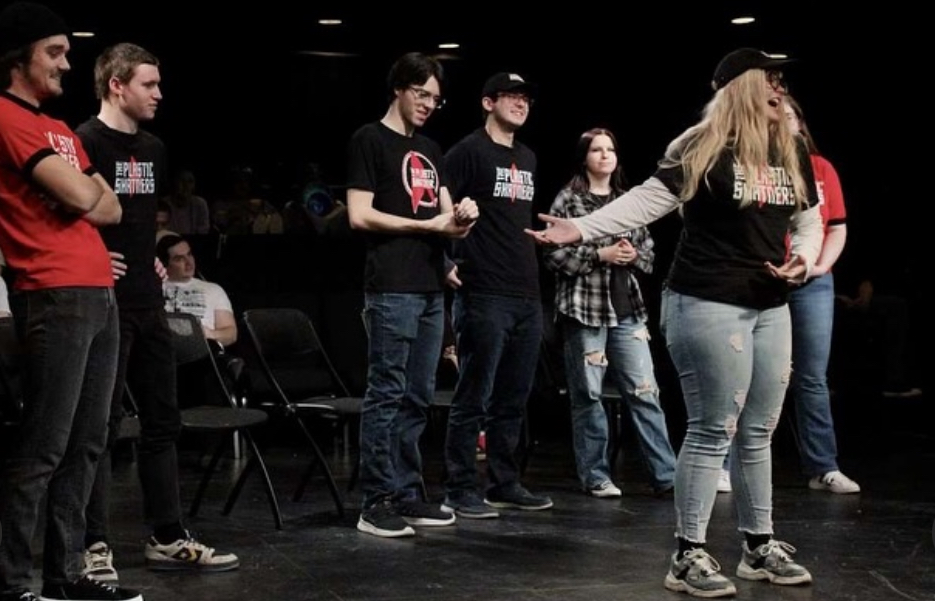There are many safety concerns at the University this year, and the University’s police chief has answers.
Chief of Police and Director of Public Safety Michael Campbell was promoted from the University’s interim chief position over the summer, and though he may be new to his role this year, he is not new to campus safety. His goals, thoughts and advice for students are all below in his own words.
What are your goals for the University this year?
If you’re talking police department perspective, we’re doing some transition. We’re going to introduce a position called a deputy chief. We’re actually in the final phases with that, with looking for someone to fill that role. We have other internal goals going on that are continuing from last year, and new this year is some one-on-ones we talked about quite a bit as we continue to work towards accreditation. Accreditation process looks at policy, so we’re tweaking the policies we have now, making sure we meet accreditation standards.
What new responsibilities do you have?
If you’re looking just from the police department perspective, my old position as captain, I focused a lot on patrol side of things. Uniform patrol, investigations, media relations, our K-9 area … those things will still be on my radar, but I will have expanded focus. I’ll still have a lot of the same focus, but I’ll have expanded visions of other operational areas. The bigger adjustment is the director side of things, the fact that I’ll have parking services, shuttle services and emergency management reporting directly to me as well.
For students, do you hope to accomplish anything for them?
One of the things I think was the first step was the community conference. I think it’s important that we continue to engage the students, continue to build those relationships, continue have those conversations, especially for students who, for one reason or another, don’t feel safe. Not only is the community safe, is BGSU safe, but how are you feeling?
How does the University police train for protest situations?
We practice on a couple different things. If you’re talking about Charlottesville, you’re talking about demonstrators that are more agitated, aggressive or violent. We do focus training on that, and then we also focus on the other aspect of that, too, because not all demonstrations are situations where people are being violent. We do practice and train based on those scenarios too. We do have members on the mobile field force team in Wood County, so we have resources outside our campus that we can petition for and look for assistance from, which is a larger group that trains for demonstrations and possibly more active demonstrations like you described.
How would you advise students to talk to police?
Our population doesn’t live here all the time; they can come here from all over the world. It’s real tough to understand what their relationship with police have been like in the past. It could’ve been positive, it could’ve been negative, there could’ve been no relationship whatsoever. Each student can be a little different, each interaction can be a little bit different. We place officers in all the residential halls, all the academic areas (and) work with the Union and other institutions too, like Greek life.
Our goal behind that is that we put liaison officers in those areas, and we want them to go into those areas and interact. (They) talk to the staff there, talk to the students living in those areas, introduce themselves, talk about the educational programming and partnerships we can do, talk about problem-solving — because sometimes you may have a problem, but it’s not necessarily a criminal matter, you just need help. Are we going to have the ability to talk to all the students on campus face-to-face? Probably not. What I would say, though, is that any time you’re interacting with someone in law enforcement, talk to them in a calm voice; you communicate with what information is being asked of you; and if you have an issue with the way things transpired, do that after the fact. You can be remembering, documenting what happened, and then reporting it back to us.













